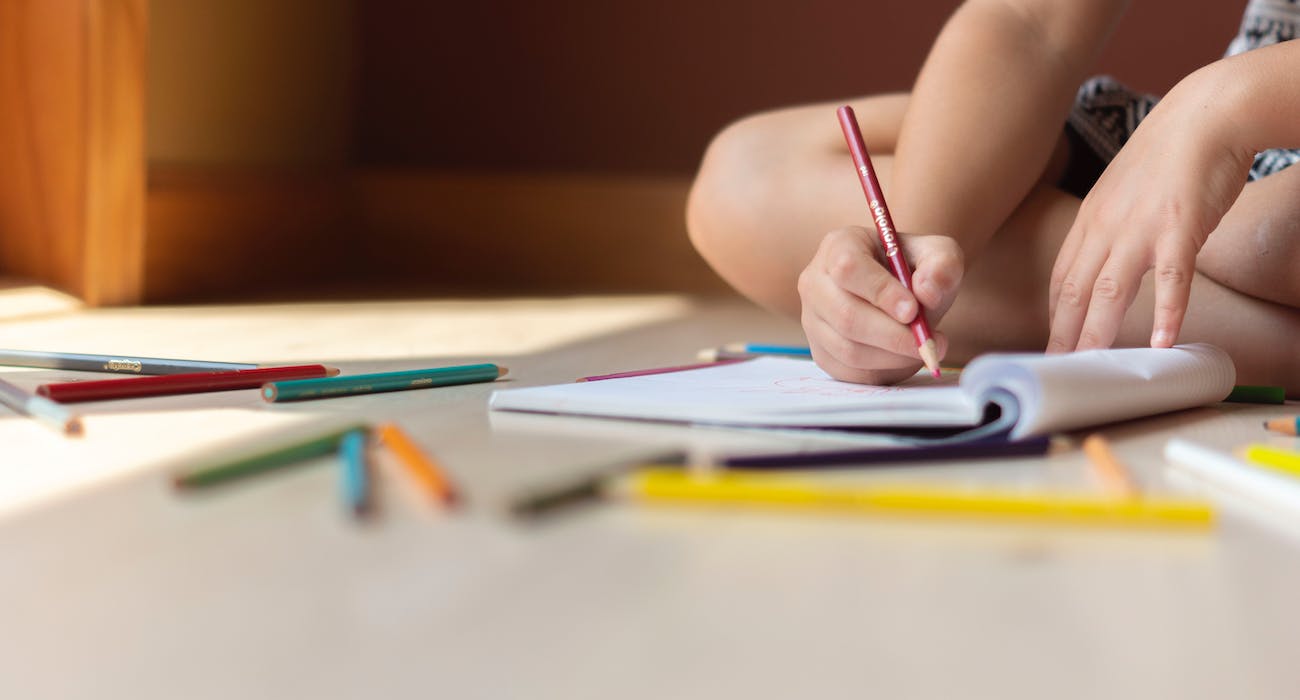Mastering a skill is a journey that requires strategic approaches and relentless dedication. In this comprehensive blog post, we'll delve into the core strategies and methodologies that propel individuals toward effective skill development. Whether you're aiming to excel in sports, arts, professional domains, or personal hobbies, these insights will empower you to unleash your full potential.
Understanding Skill Acquisition
Skill acquisition is a multifaceted process that encompasses learning, practice, and refinement. Understanding the stages of skill development, from initial acquisition to advanced proficiency, lays the foundation for setting realistic goals and crafting tailored development plans.
Deliberate Practice and Feedback Loops
Effective skill development hinges on deliberate practice, characterized by focused, intentional efforts aimed at improvement. Pairing deliberate practice with constructive feedback loops, whether from mentors, peers, or performance metrics, accelerates the learning curve and fosters continuous growth.
The Role of Interdisciplinary Learning
Another powerful strategy for skill mastery is leveraging interdisciplinary learning. This approach involves integrating knowledge and perspectives from various disciplines. By seeking correlations between distinct fields, we can gain a more holistic understanding and devise innovative ways to enhance our skills.
For instance, a musician might improve their rhythm and timing by studying mathematics, while a programmer could boost their problem-solving abilities by exploring philosophy. Through such cross-disciplinary insights, we can broaden our skill set and unlock new avenues for growth.
Goal Setting and Progress Tracking
Setting clear, achievable goals is instrumental in driving effective skill development. By delineating specific milestones and tracking progress systematically, individuals can maintain motivation, evaluate performance, and make informed adjustments to their development strategies.
Embracing Failure as a Stepping Stone
Embracing failure as an inherent part of the learning process is pivotal in effective skill development. Viewing setbacks as opportunities for learning, resilience, and adaptation cultivates a healthy mindset that fuels perseverance and eventual mastery.
Interdisciplinary Insights and Cross-Training
Drawing insights from diverse disciplines and engaging in cross-training activities can enrich skill development. Transferring knowledge, techniques, and mental models from one domain to another fosters creativity, innovation, and a holistic approach to mastery.
Mindset Reframing and Psychological Resilience
Developing a growth-oriented mindset and psychological resilience is fundamental to sustained skill development. Cultivating traits such as grit, optimism, and self-efficacy equips individuals to navigate challenges, overcome self-limiting beliefs, and persist in the pursuit of mastery.
Leveraging Technology and Innovative Tools
In the digital age, leveraging technology and innovative tools amplifies the efficacy of skill development. Whether it's utilizing virtual training platforms, performance-tracking apps, or immersive learning experiences, integrating technological advancements can revolutionize the learning process.
Integrating Joola Pickleball Paddle for Skill Development
In the realm of sports, particularly pickleball, integrating the use of specific equipment like the Joola pickleball paddle can dramatically enhance skill acquisition. With its premium build, ergonomic design, and superior balance, this paddle promises better control and precision, making it an excellent tool for practice.
The Joola pickleball paddle's unique combination of a graphite surface and polymer honeycomb core results in a robust yet lightweight paddle, facilitating fast swings and powerful shots. Incorporating this paddle into your training regimen can significantly improve your technique, reflexes, and overall performance, paving the way for mastery in pickleball. Embrace the Joola pickleball paddle as your trusted ally on the path to achieving proficiency in this exciting sport.
Community Engagement and Mentorship
Engaging with a supportive community and seeking mentorship fosters a conducive environment for skill development. Collaborative learning, peer support, and guidance from experienced mentors contribute to a rich developmental ecosystem that accelerates progress and nurtures expertise.
Holistic Wellbeing and Optimal Performance
Balancing skill development with holistic well-being is essential for sustaining optimal performance. Prioritizing physical health, mental wellness, and work-life harmony creates a solid foundation for long-term success in skill mastery.
Personalization and Iterative Adaptation
Adopting a personalized approach to skill development, coupled with iterative adaptation based on self-assessment and external feedback, empowers individuals to tailor their learning journey, address weaknesses, and capitalize on strengths effectively.
In conclusion, effective skill development is a dynamic process that demands intentional strategies, resilience, and a growth-oriented mindset. By understanding skill acquisition, embracing deliberate practice, setting clear goals, reframing failures, seeking interdisciplinary insights, nurturing psychological resilience, leveraging technology, engaging with communities, prioritizing holistic wellbeing, and personalizing development approaches, individuals can unleash their mastery potential and achieve remarkable proficiency in their chosen domains.


